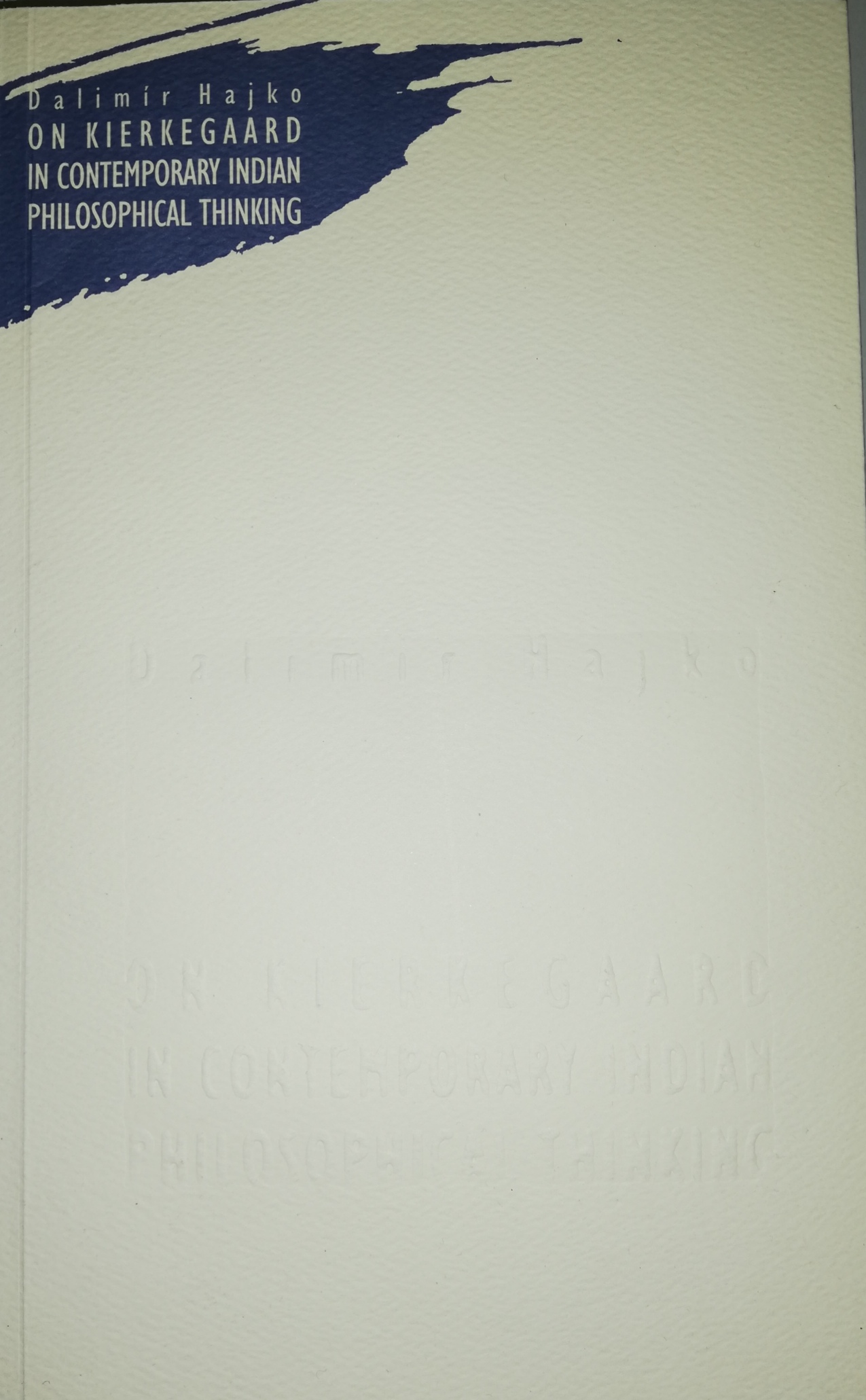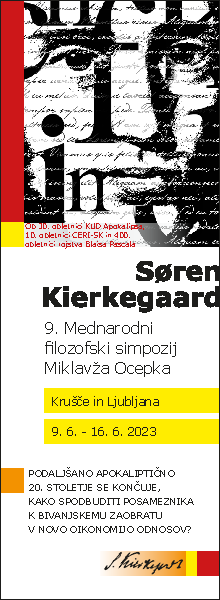Hajko focuses primarily on the philosophical reception of European existentialism (French and German) in India (in the second half of the 20th century), which is certainly not a uniform and the unambiguous one. Modern Indian philosophersfind themselves advocates of “European existentialism” (if used as a template mark) that found the “existential proximity” of two so much different cultures. We will find in the Hajko’s collection of Indian authors, which we briefly present, criticism, as an expression of the “decadent culture”. Anyway, “existentialism” has drown and is drawing a strong response in India. Nothing, death, anxiety,solitude, concern, freedom, etc. there are topics that are common to us. Affects that do not matter about where we live. If the Indian reception is far from uniform and unambiguous, however, as we get a sense of reading Hajko, this reception can have at least one consensus: S. Kierkegaard is the one who got the most response among “European existentialists” (if we include at least Heidegger, Sartre, Camus and Jaspers, Marcel and Berdyaev). And perhaps we do not have to be too guessing why, if we know that Kierkegaard has “presented himself to us” as someone “out of the way place”. Therefore, the cultural “out of the way place” will be so great and magnificent; this “does not hurt or benefit us” in the subjectivity of the philosophy of subjectivity. And perhaps this is its eternal attraction appealing to so many single individuals all over the world.
Dejan Aubreht




